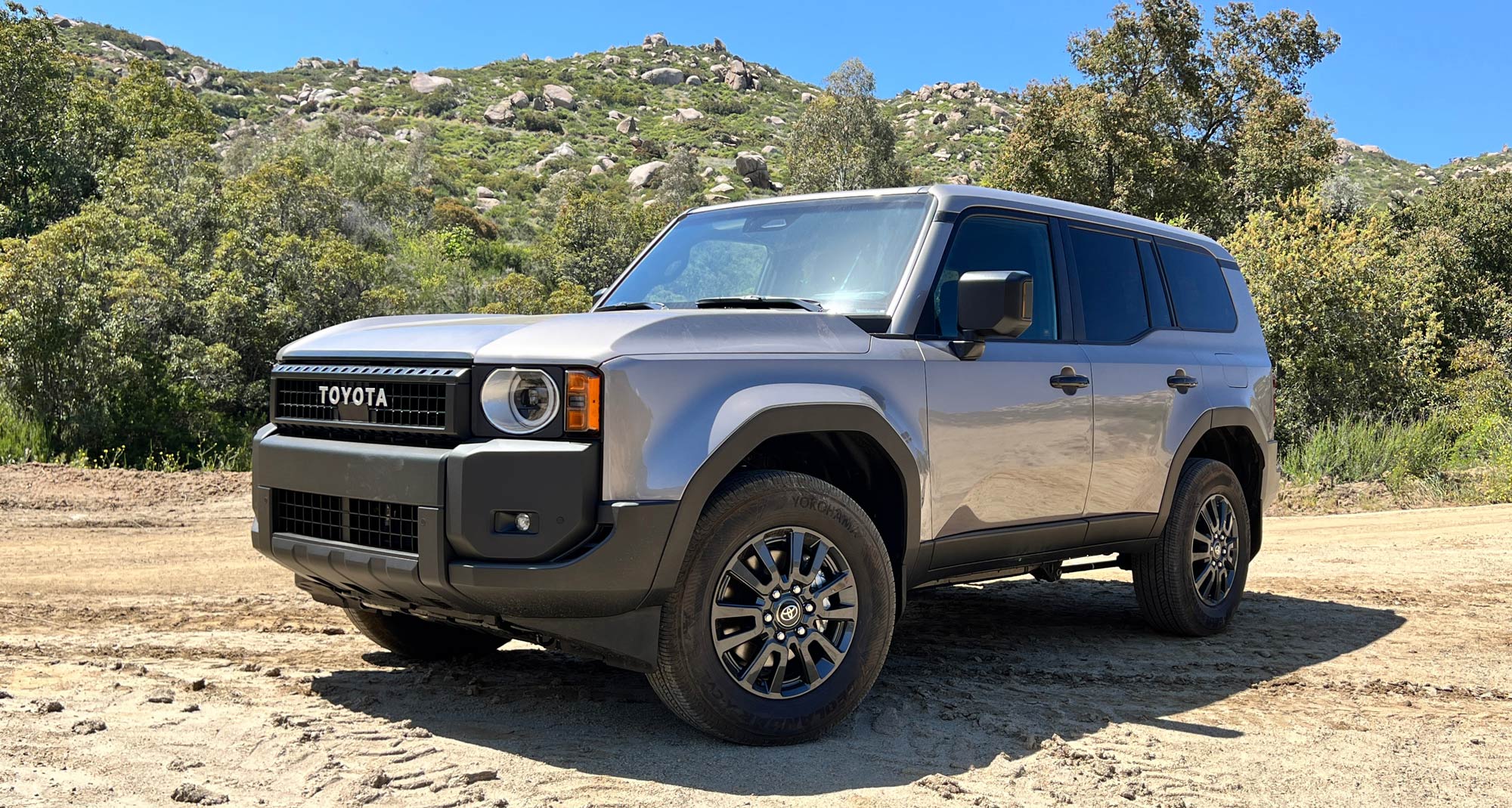Can You Modify a Financed Car?
Many cars can be easily customized to your personal taste, but we help you consider whether you should modify a financed car.
 Shutterstock
Shutterstock
Article QuickTakes:
If you're tempted by lift kits and aftermarket wheels, you may be asking yourself: can you modify a financed car?
If you have a loan on the vehicle, you are generally welcome to make modifications. The lender holds the title to the vehicle until the last payment is made, at which time the vehicle becomes your property.
If the car is leased, then typically any modifications will need to be removed before the car is turned back into the dealership at the end of the term. Most leases will prohibit installation of major modifications that are difficult to reverse, though they can have provisions for smaller items such as window tint.
Can You Modify a Financed Car?
The short answer is yes, but it also depends on a few factors.
Modifications run the gamut, from simple but effective tweaks such as window tint and pinstriping to more complex changes that may alter the way the vehicle performs or drives. Official modifications backed by the automaker will often be covered by a factory warranty, and their installation won't affect the terms of a lease or loan through the automaker's captive finance arm. For instance, Jeep sells a range of suspension lifts with shocks and springs that increase off-road ability without violating the terms of a lease or loan.
Some dealerships will offer a range of aftermarket modifications that can be installed by their service department and rolled into your monthly payments, but these can be a gamble in some cases. It is definitely worth asking the dealership whether the parts installed carry their own warranty, and whether they will void part or all of the car's factory warranty, too.
When in doubt, read through the paperwork or contact your lender and specify exactly what you intend to do to the car to confirm that your plans and their fine print are in sync. This will show how you can modify a financed car without violating the lender's terms.
Considerations When Modifying a Car with a Loan
When you take out a loan to buy a vehicle, the lender assumes that you will eventually take full ownership of the vehicle once the loan is satisfied (or paid off). If you have a loan on a car, you should be able to modify it since your payments go toward paying off the vehicle. That means that you can probably keep shopping for bigger wheels, aftermarket lighting, and a leather upholstery upgrade.
A car with a loan is like a house with a mortgage. You are welcome to paint the walls inside the house whatever color you'd like.
However, it is worth reading through the terms of your loan agreement to confirm there are no provisions regarding modifications or use of the vehicle. When in doubt, contact your lender to specifically ask them if you are allowed to modify the vehicle while the loan remains open.
What About Warranty Coverage?
Should you find yourself shopping suspension lifts for trucks, lowering springs for sports cars, or performance chips for just about any vehicle, you'll want to consider how such changes affect a warranty.
The Magnuson-Moss Act requires vehicle manufacturers to carefully spell out anything that could potentially violate the terms of a warranty. While an automaker typically won't deny a claim for, say, a defective power window motor because you installed aftermarket wheels, they may tell you that a performance chip that modifies the vehicle's engine control unit (ECU) behavior led to premature failure of a transmission. If the automaker decides that the warranty does not cover replacement of an item, you will be responsible for paying for the entire repair including dealership labor costs.
Even the simplest new-car failure items can cost $500 to $600 to repair, according to the American Automobile Association (AAA). A major drivetrain component can easily hit $10,000 by the time you factor in the labor required to diagnose, remove, and replace.
Modifications and a Vehicle's Value
Modifications rarely hold their value. When it comes time to sell the vehicle, you may not be able to make back the money you put into it. In some cases, modifications can also make it more difficult to sell a vehicle since the next owner may either want to do the work themselves, or they may simply not agree with your taste.
A car with modifications that will be difficult to reverse, such as a paint job or a rear spoiler, can make the car worth less than it would be if its appearance was the same as when it left the factory.
If you're replacing parts, be sure to hold onto the stock pieces when they are removed. You can either reinstall them when you go to sell the car, or you can offer them to the next owner. Such perks can make a modified car more valuable, too.



